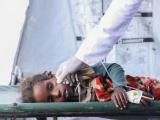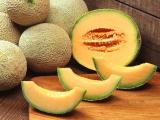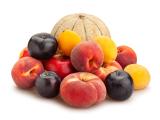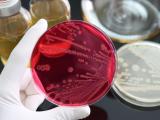Mar 29, 2010
FDA warns of norovirus threat from oysters
Consumers are being warned not to eat oysters harvested in the Gulf of Mexico near Port Sulphur, La., after several people fell ill with norovirus infections earlier this month, the US Food and Drug Administration (FDA) announced on Mar 27. The oysters came from a site called Area 7, near the mouth of the Mississippi River, the FDA said. Louisiana health officials closed the area to oyster harvesting on Mar 24 and recalled oysters harvested there from Mar 6 through 24. Retailers and food service operators have been warned not to sell or serve oysters from the area. Consumers who are not sure of the origin of oysters they have should contact the place of purchase and ask, the FDA advised. It said health officials are investigating potential sources of pollution that may have caused the contamination.
Mar 27 FDA statement
European agency weighs in on rotavirus vaccine issue
The European Medicines Agency (EMEA) says the use of the Rotarix rotavirus vaccine need not be restricted in the wake of the finding that it contains DNA from a pig virus, but the agency wants the manufacturer, GlaxoSmithKline (GSK), to determine why the material is there and eliminate it. The FDA on Mar 22 announced the discovery of porcine circovirus 1 (PCV-1) in Rotarix; the agency said the finding was not believed to be a health threat, but it advised providers to stop using the vaccine while it investigated. In a Mar 26 statement, the EMEA said PCV-1 is found in some meat and other food products and is not known to cause disease in humans or animals, but said it should not be in the vaccine. The agency said it has asked GSK to trace the source of the material and to introduce measures to get rid of it. Rotarix is given to children from the age of 6 weeks to prevent rotavirus infection, which causes gastroenteritis.



















